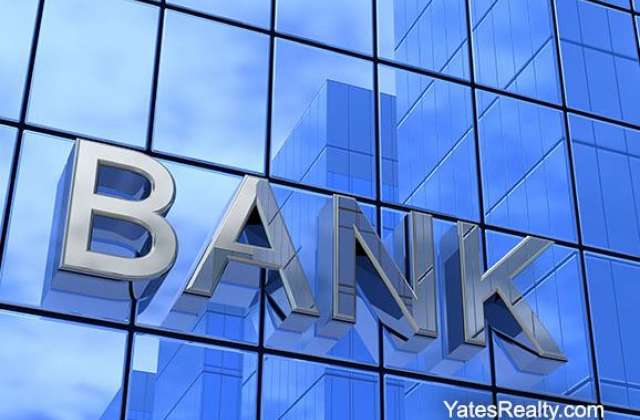Conventional Loans
 What is a Conventional Loan?
What is a Conventional Loan?
A conventional loan is not guaranteed by the federal government and is often sold to an investor who collects the mortgage payments in accordance with the terms in the loan. These types of loans are considered to be sold on a "secondary market" because they are not given to a person directly from a lender. The largest buyers for mortgages are Frannie Mae and Freddie Mac. Between the two, they have created a set of guidelines for mortgages. These guidelines have paved the way for all other rules when it comes to getting a mortgage. Conventional loans are for people with good or excellent credit.
Types/Benefits of Conventional Loans
There are different types of conventional loans. Conforming (fixed-rate) and adjustable conventional loans. All conforming loans are set by the guidelines created by Frannie Mae and Freddie Mac. These loans have generally lower interest rates than other types of loans and can range from 10 years to 30 years. The fixed-rate loans have the same payments every month for the life of the mortgage. Your interest rate will not change if you receive a fixed-rate mortgage, which makes this an attractive loan for anyone expecting to stay in the same home for a long time. There are less hoops to hump through when it comes to conventional loans. The process isn't as long as it would be for FHA Loans or VA Loans. A low down payment is required for conventional loans and they are more flexible when it come to higher loan amounts.
What Qualifies a person for Conventional Loans?
Conventional loans usually require less documentation than other types of loans. Most loans will not exceed $417,000. If someone lives in an area with a higher cost of living, those terms can be renegotiated. A persons credit score must be higher than a 740 to receive a conventional loan. Conventional fixed-rate loans can be offered for in 30 year, 20 year, 15 year and 10 year mortgages and payments can be adjusted as you go along when you have an adjustable conventional loan.